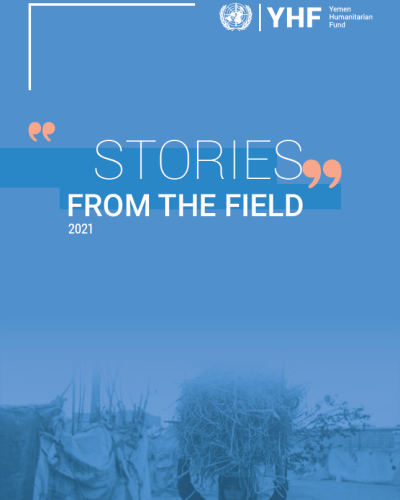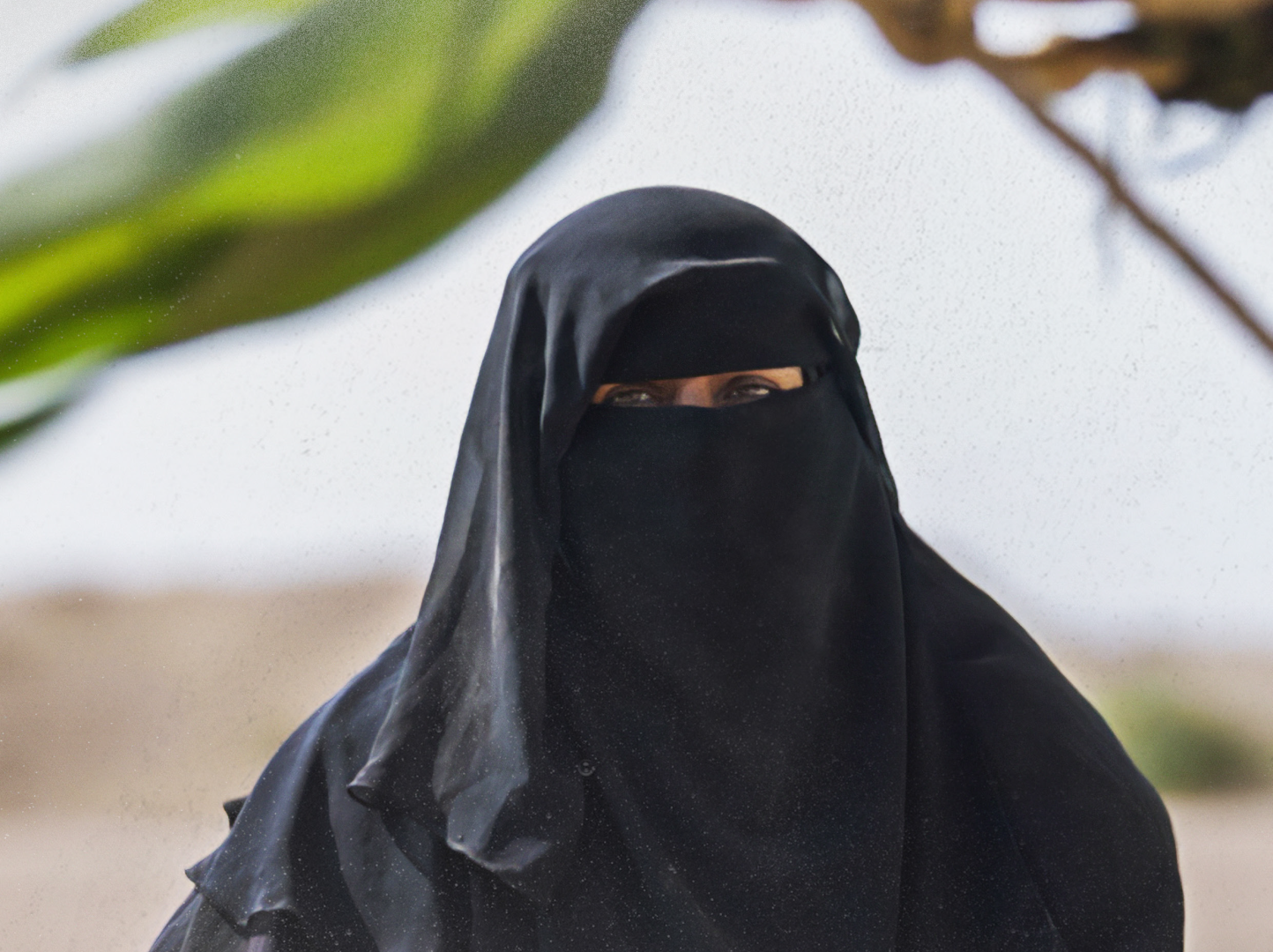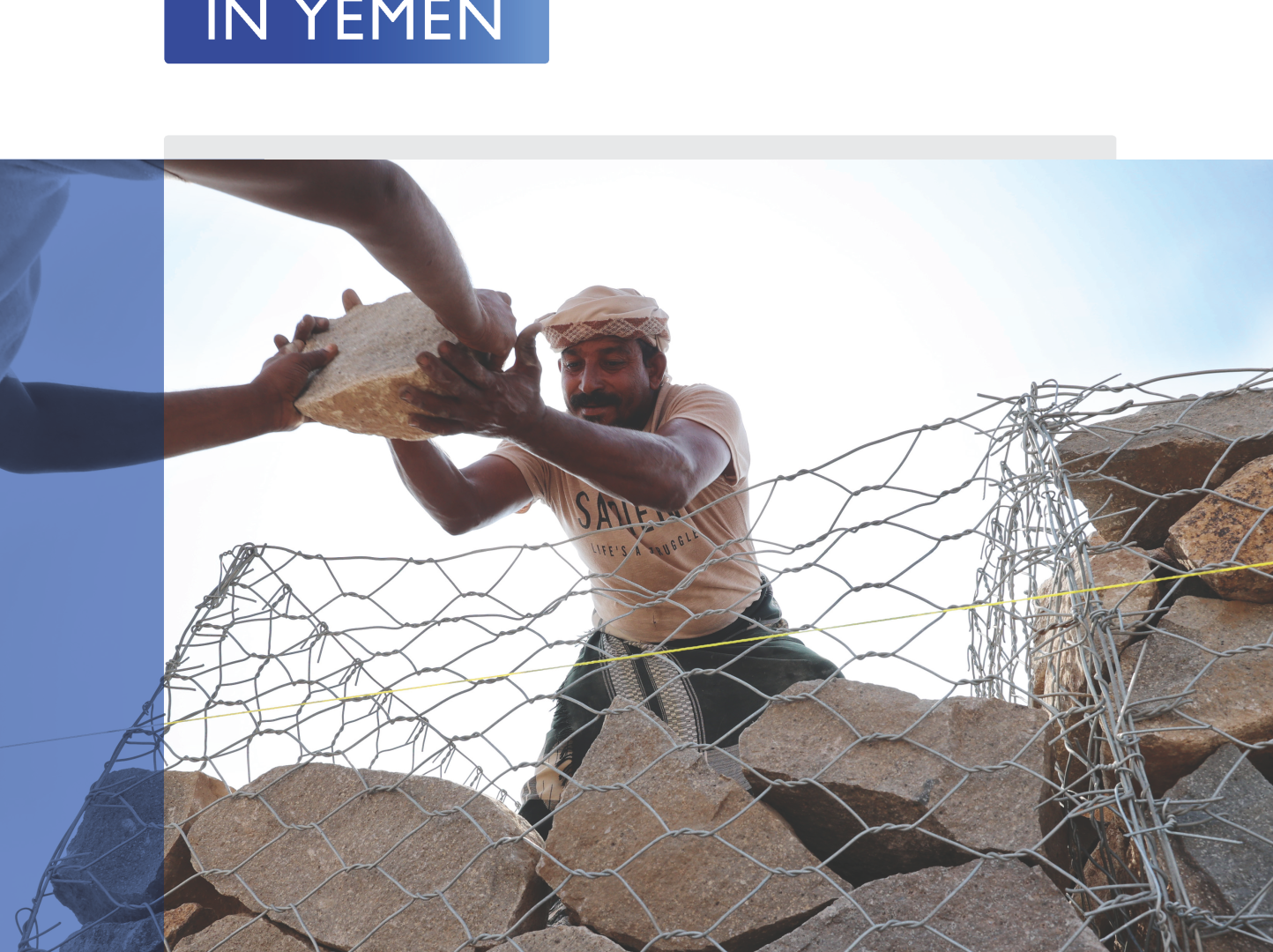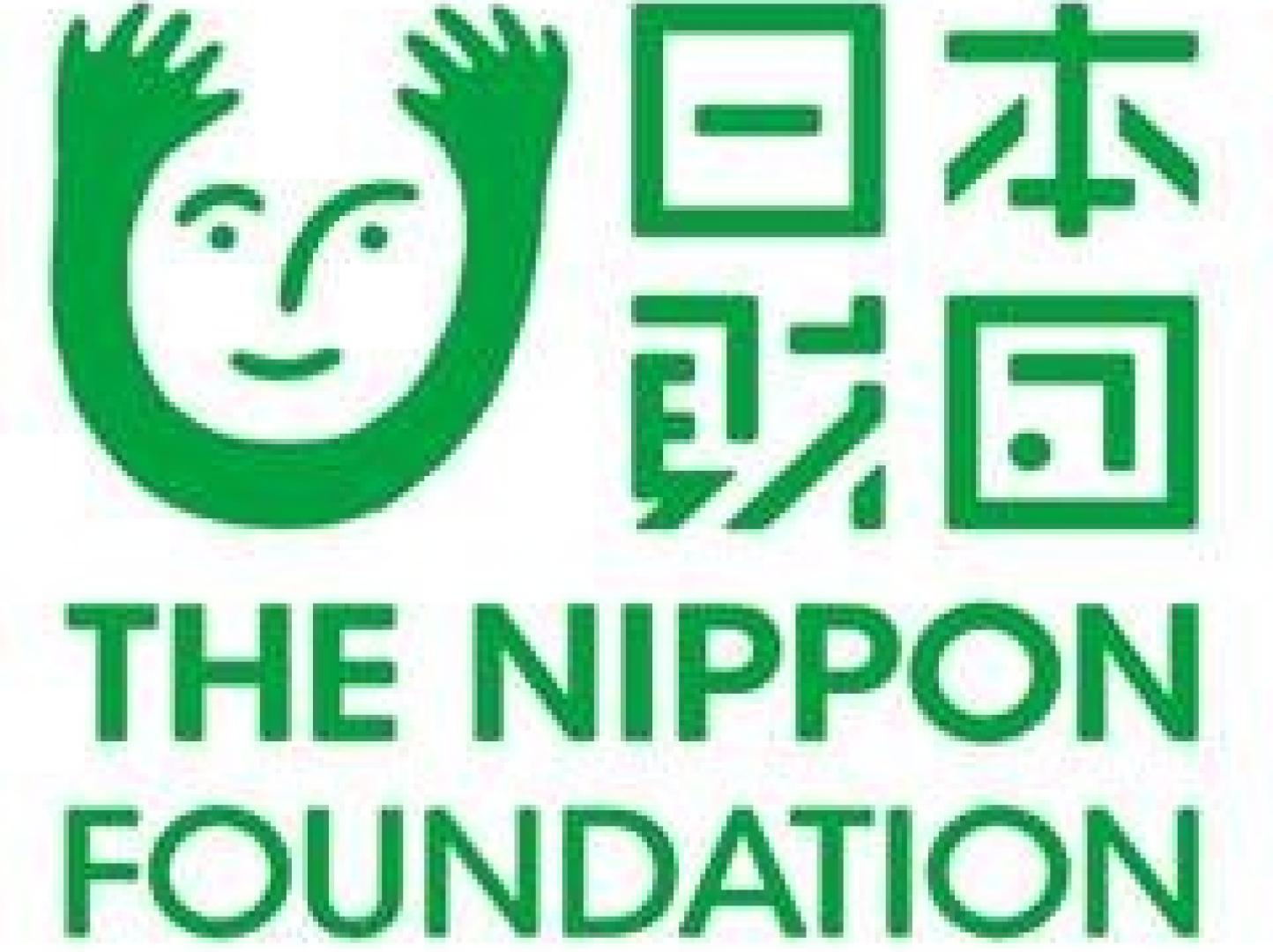Yemen Humanitarian Fund: Stories from the field 2021

FOOD SECURITY AND LIVELIHOODS
Restoring fishing-based livelihoods
CARE
“In my community, fishing was often practiced as a source of supplementary food need, not as a business. But with the difficult economic conditions and the increasing unemployment rate, more young people tend to work in fishing to provide for their families,” says Ashraf Badr Saleh Sheikh, a 40-year-old fisherman from Shuqrah city in Abyan’s Khanfar district.
Ashraf lives in the coastal city of Shuqrah with his wife and their three children. After graduating from university, he started to work as a fisherman. Shuqrah city is severely affected by the conflict in Yemen. The conflict around the city has disrupted people’s access to basic services such as electricity, water and healthcare services. Limited access to fresh fish and other food crops negatively affects food security and malnutrition levels in the city. "Shuqrah city was once known for its excellent fish," says Ashraf. The fishing industry was one of the greatest contributors to Yemen’s economy after oil, providing the main source of food security, income and employment for the majority of Yemenis living in coastal areas. The ongoing conflict, coupled with the negative effects of climate change, has in recent years devastated the fishing sector in Yemen. With the outbreak of the conflict in 2015, several landing sites were wiped out, many fishermen lost their boats, and the infrastructure was destroyed.
Access to fish has become a major challenge for Yemeni fishermen today. Most fishermen in Shuqrah used to depend on fishing from nearby coastal waters, but these stocks have steadily decreased in recent decades due to overfishing, climate change and pollution. Now, fishermen have to sail long risky journeys, with inadequate equipment to catch enough fish to sell in the market.
With funding from the Yemen Humanitarian Fund (YHF), CARE started a project to improve food security levels in Khanfa, Zingibar, Rasad and Sarar districts of Abyan Governorate in 2020. As part of the Lifesaving and Recovery Assistance project, CARE works to revive the fishing sector through training fishermen in Shuqrah city on best fishing practices. This includes maintaining the quality of fish at the capture stage, proper onboard handling procedures, fish draining and gutting, and placing fish on ice to reduce bacterial buildup and prevent spoilage. Applying these careful hygiene procedures and cold storage measures throughout the fishing process can ensure better quality of the fish and better sales price.
For instance, the price of good quality catches are two to four times higher than the price of catches that were not properly handled.
Ashraf was fortunate to be trained on best fishing practices. After learning on-board handling procedures and cold storage techniques, he can now sell his catches at two to four times higher prices.
“This project provided us with much-need fishing tools, such as fishing nets with their accessories, a set of ropes, safety vest, fishing line and a warning lamp", says Ashraf. “Moreover, we received three installments include of cash aid for three months – $50 per month.”
“In the past, we couldn’t sail long distances to catch profitable fish like tuna. But in the last fishing season I was able to buy a large fishing engine that helped me go further out at sea to catch tuna.”
“The price of fish that we now sell in the market increased after we installed coolers on our boats, which helped us to keep the fish in high quality,” says Ashraf.
The Yemen Humanitarian Fund (YHF) supported CARE to implement a $4.3 million food security and education project in Abyan (Khanfar, Zingibar, Rasad and Sarar districts), Hajjah (Aslem district), Taiz (Al Wazi’iyah districts) and Ibb (Al Udayn district)
Governorates. The food security component in Abyan provides fishing kits on sustainable fishing practices to 500 households.












